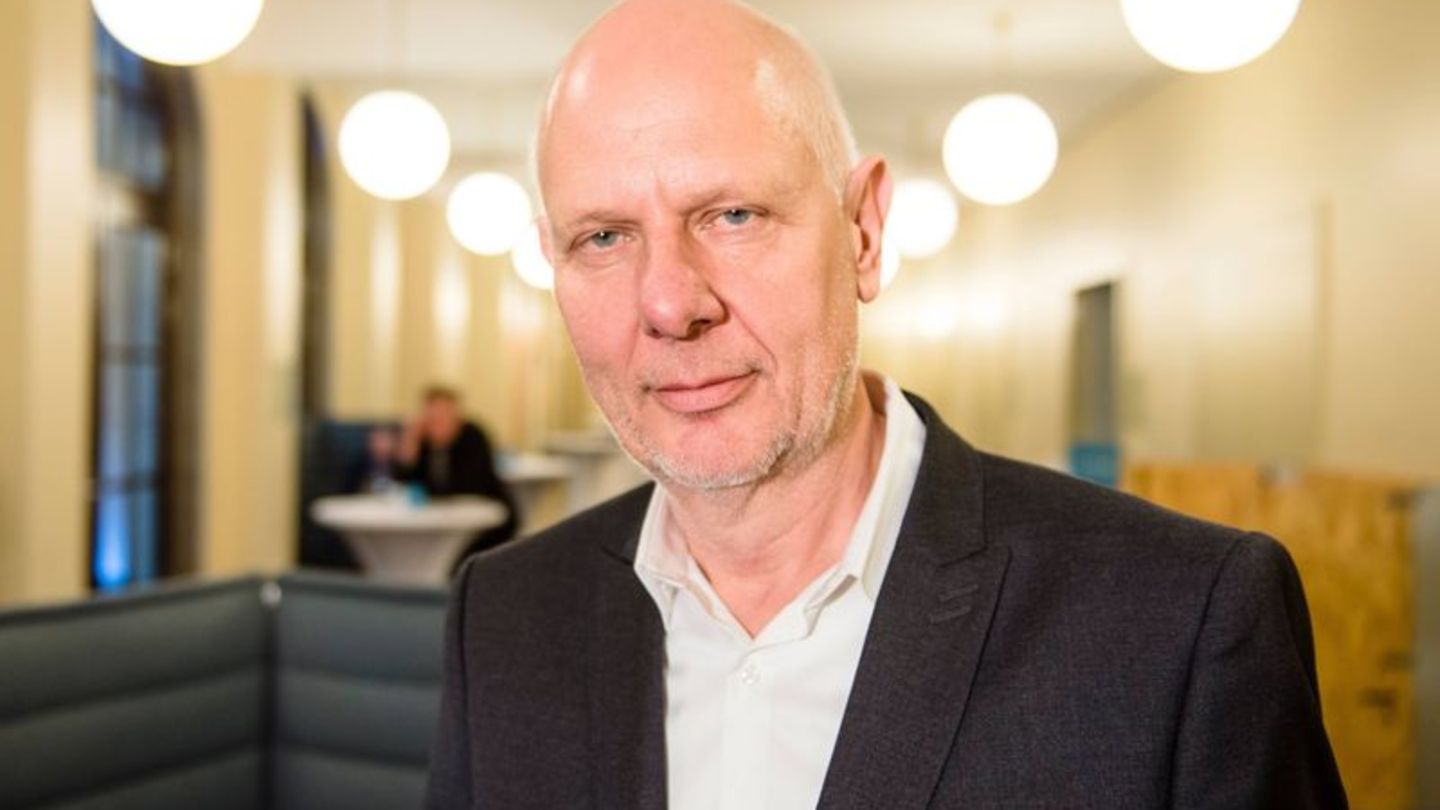A “common humanity project” in climate policy, the end of standard employment contracts and the failure of Trump in the USA. Futurologist Matthias Horx comments on current crises.
Trend and futurologist Matthias Horx calls the “interlocking crises of the present” an “omnicrisis”. “Such omnicrises are typical of an epochal transition,” said the 68-year-old journalist in an interview with the German Press Agency in Mainz.
“Every 50 to 100 years there is a breakdown of the ‘old normal’ and the beginning of something new, which initially seems uncertain.” Such a period of uncertainty could “last 10 or even 20 years.” The more society participates in solutions, the faster this time will pass.
Horx worked for a long time at the Future Institute in Kelkheim, Hesse. Together with other researchers, he founded the think tank “The Future Project” in Frankfurt am Main last October, which primarily deals with transformation processes.
“Shock of the turning point”
According to Horx, the Russian war of aggression against Ukraine has awakened society “from a decades-long illusion: that the world is becoming increasingly peaceful and integrated.” He speaks of the “shock of the turning point”. “We see that globalization is not working as we thought.” But such shocks could also be beneficial. “They make it clear to us what is worth fighting for, what values we should stand for.” Ultimately, it is about the emergence of a new world order.
The “omnicrisis” also includes a crisis in democracies worldwide. “The autocracies seem to be taking over everywhere,” Horx said. But every trend also creates a countertrend. “It is necessary for civil society to find answers to vicious populism and for new forms of movements and parties to reform democracy.”
Using Europe as an example, one can also see “that times of crisis can create amazing unity.” According to Horx, Europe has definitely proven itself “in the turbulence of Corona and Ukraine”. Despite “a kind of anti-Europe whining habit,” many people are gradually realizing “how much we need Europe as a continent, even more so in a turbulent world.”
Dispute in the federal government
The dispute between the traffic light factions in the federal government speaks of the enormous difficulties of even making sensible politics in the age of media populism, said Horx. “Dispute is a way to moderate conflict through compromise.” This is done this way in every family and has “very much proven itself”.
In the “media over-excitement society,” however, “noise” is more likely to be staged and every gap is used by the opposition to create instability. “On top of this feeling of chaos, authoritarianism is rampant, always offering simple solutions that it simply doesn’t have.” Horx is convinced: “Authoritarianism will increasingly fail because of itself.” And he believes it is “very likely” that Donald Trump will fail in 2024.
Change in the world of work
As the world of work changes, Horx sees a gradual end to the industrial model with its rigid standards. This change is being driven more by the younger people. More and more people are looking for more flexibility in their work-life configuration. “In 20 years, standard employment contracts will probably be in the minority.”
In Horx’s opinion, turning away from coal, oil and gas can bring the world’s countries together in a “common human project”. Solar energy is flourishing worldwide, more and more countries are seriously committing to climate goals, and new technologies for decarbonization (reducing carbon dioxide emissions) are being developed. “I see the greatest danger in the mood turning apocalyptic.”

